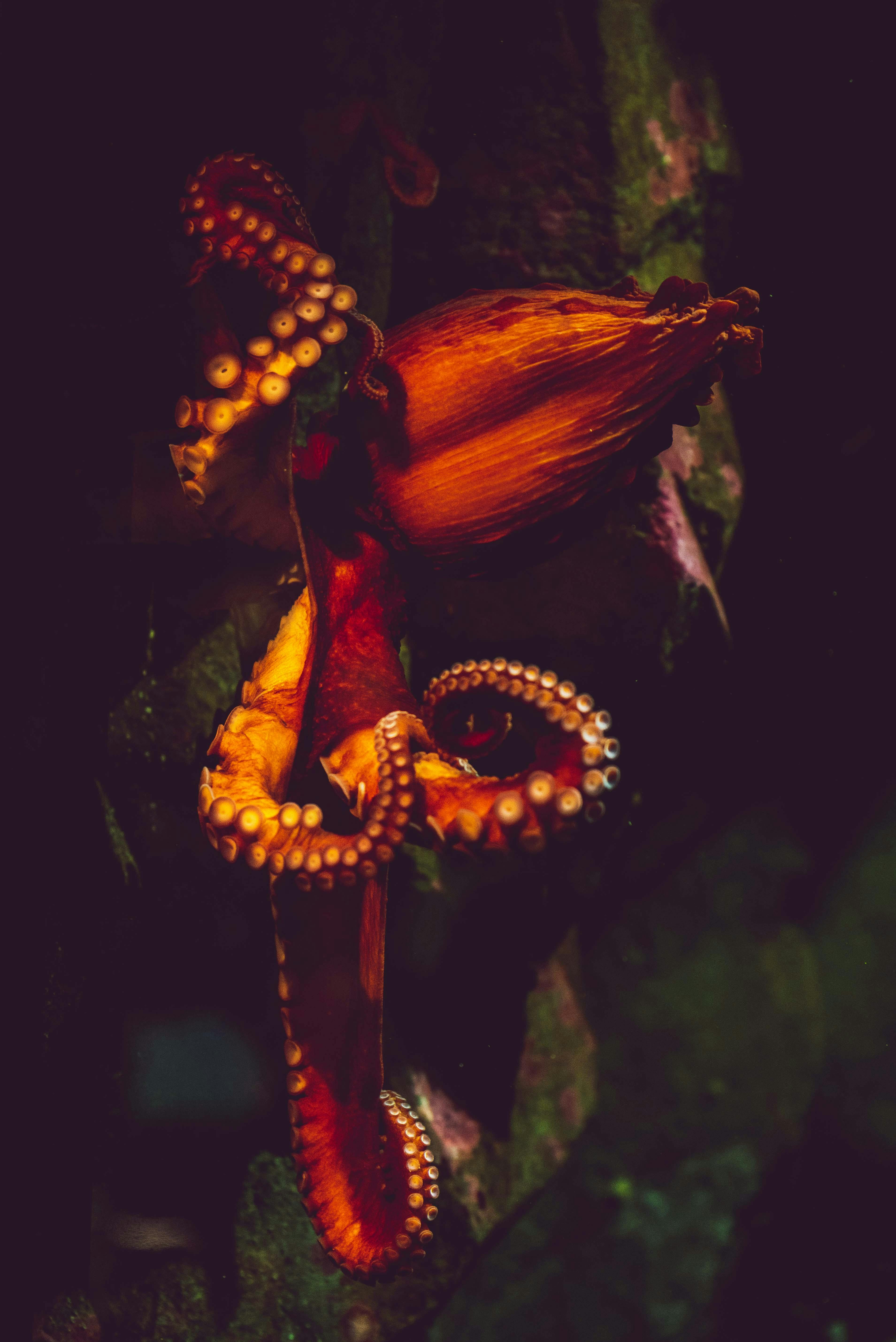Unveiling the Intricacies of the Octopus: The Ocean's Most Mysterious Pet
The octopus, a creature of great mystery and intrigue, has been captivating the hearts of marine enthusiasts for years. This article delves into the fascinating world of these eight-armed wonders, exploring their history, current trends in octopus pet ownership, and the impact they have on the marine pet industry.

A Historical Dive into the World of Octopuses
The octopus, belonging to the cephalopod family, has been a subject of fascination for centuries. Ancient cultures revered these creatures, attributing them with mystical powers and incorporating them into their folklore and mythology. The ancient Greeks, for instance, considered the octopus a symbol of the multi-faceted nature of the sea - unpredictable, powerful, and full of secrets.
In the 19th century, naturalists began studying octopuses in earnest, revealing their exceptional intelligence and problem-solving abilities. These discoveries sparked interest in keeping octopuses as pets, a trend that has grown steadily over the years.
The Current Wave: Octopuses as Pets
Today, octopuses are increasingly popular as exotic pets, particularly among marine enthusiasts. Species like the Pacific Octopus and the Dwarf Octopus are favorites due to their relatively small size and captivating behaviors. They are known for their ability to change color and texture, their dexterity in manipulating objects, and their knack for escape - traits that make them fascinating, albeit challenging, pets.
However, keeping an octopus as a pet is not for the faint-hearted. They require specialized care, including a carefully maintained aquatic environment and a diet of live food. Moreover, their lifespan is relatively short, with most species living only one to two years.
The Price of Owning an Octopus
The cost of owning an octopus can vary widely, depending on the species and the complexity of the required setup. A small octopus may cost anywhere from $30 to $100, while larger, more exotic species can cost several hundred dollars. The aquarium setup, including the tank, filtration system, and other necessary equipment, can run into the thousands.
The octopus pet trend has had a significant impact on the marine pet industry. It has driven innovation in aquarium technology and increased demand for live food sources. However, it has also raised concerns about the sustainability and ethics of capturing wild octopuses for the pet trade.
The Science Behind the Octopus
Research into octopuses has revealed remarkable facts about these creatures. They have three hearts, blue blood, and a brain that is spread throughout their body. They are capable of complex behaviors, such as using tools and escaping from enclosures, which indicate a high level of intelligence.
Recent studies have also shown that octopuses have the ability to alter their RNA - a form of genetic self-editing that is rare in the animal kingdom. This discovery has opened up new avenues of research and deepened our understanding of these enigmatic creatures.
The Future of Octopuses as Pets
As our knowledge of octopuses continues to grow, so does our fascination with them. However, the trend of keeping octopuses as pets raises important questions about animal welfare and conservation. It is crucial that prospective octopus owners understand the responsibilities involved and consider the impact of their choices on these remarkable creatures and their natural habitats.
In conclusion, the octopus, with its unique abilities and captivating behaviors, offers a window into the mysteries of the ocean. As pets, they challenge us to expand our understanding of animal intelligence and to rethink our relationship with the natural world.






